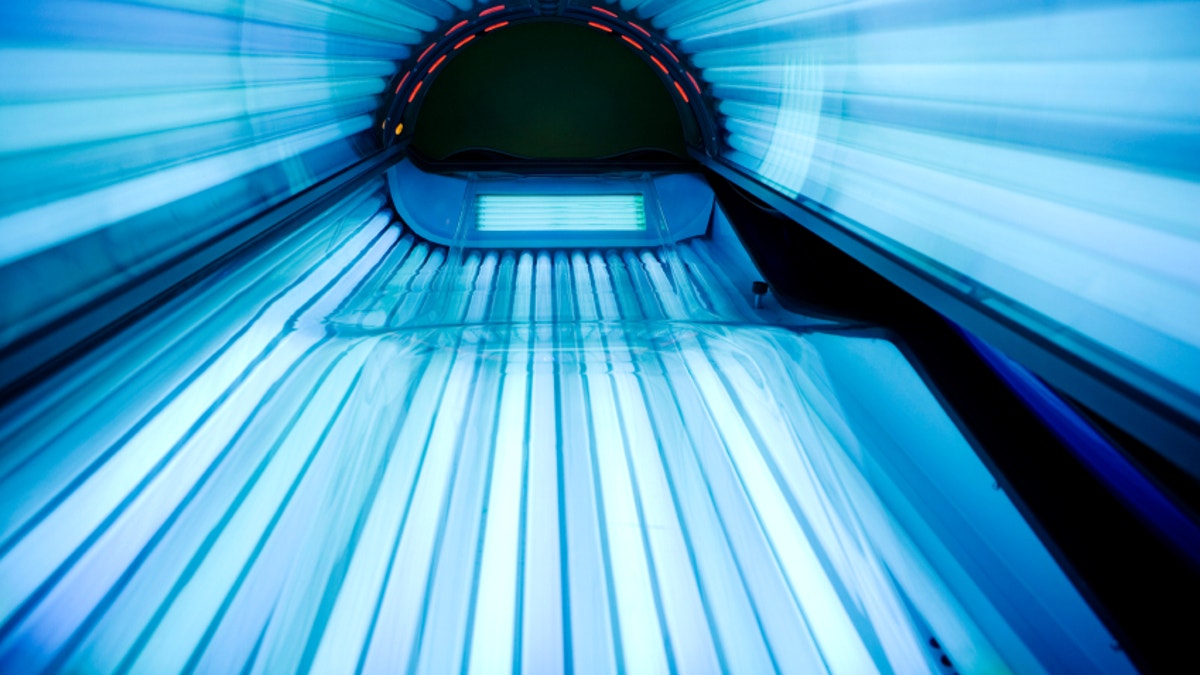
A recent study published in JAMA Dermatology suggests—naively—that tanning beds may be addictive. Researchers surveyed 178 people who had been diagnosed with basal cell carcinoma and found that about 15 percent of them continued to use tanning beds about 10 times a year, despite their history of skin cancer.
Dr. Richard Langley, the President of the Canadian Dermatology Association, then noted that visiting a tanning salon after having been diagnosed with basal cell carcinoma is a sign of dependency. Numerous doctors suggested more research into the addictive qualities of tanning beds. And journalists noted, seemingly critically, that tanning addiction is not yet included in the American Psychiatric Association’s Diagnostic and Statistical Manual (DSM-V).
Wow. Those who would like to further regulate tanning beds must be giddy with excitement at the prospect of shutting down salons or funding lawsuits against them for imperiling the public.
But here’s the problem: The conclusion drawn from the study about tanning beds—namely that tanning beds are the problem and not the people who use them—has no merit, whatsoever. It is another assault on the concept of free will, individual responsibility and autonomy.
Tanning beds don’t hurt anyone. However, some of the people who use tanning beds, knowing the risks associated with them, are hurting themselves.
That’s right. News flash: People often decide to hurt themselves.
Everything is potentially addictive - if you are an addict. That includes food, sex, work, tobacco, diet beverages, sugary beverages, candy, heroin, cocaine, shopping, gambling, repeatedly filing frivolous lawsuits, repeatedly engaging in unprotected sex with multiple partners, collecting cats and cutting oneself.
By the same rationale used to argue that tanning beds are addictive, Harley Davidson motorcycles are also addictive. Some people get back on motorcycles after falling off, even when they are badly injured. Same with cars: A large percentage of people injured in car crashes drive again. Same with marriage: A large percentage of people who are nearly ruined emotionally and financially by one, try another one. Same with the sun itself: A very high percentage of people with basal cell carcinoma decide to go back outside, sometimes even without sun block.
It is time we turn back our psychologically crippling culture of dependency, which includes the assertion that addictions somehow kidnap strong, centered, determined people and hobble them. Weak people who need to get stronger are the issue, not tanning beds or soda or slot machines.
How do you get strong? Psychotherapy or prayer or meditation—or all three. Finding your connection to the greatest force in the universe, which was inside you all along, and would never let you trade vanity for health, nor being “lucky” at a poker table for being worthy, nor being “high” for being grounded in the love of family or of self.
